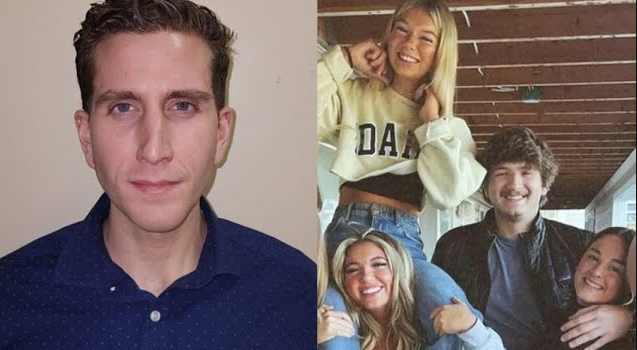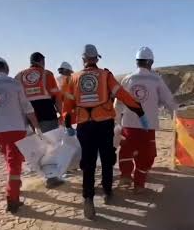
Investigation Stalls, Leaving Families Seeking Justice
A month has elapsed since the tragic murders of four students from the University of Idaho, and growing concerns suggest that the investigation may be losing momentum. In the small town of Moscow, no arrests have been made, no suspects identified, and the weapon used in the brutal stabbings remains missing.
The initial assurances from Moscow Police regarding community safety have been contradicted, sparking anxiety among residents. Recently, authorities advised locals and students to remain vigilant, leading many to secure their homes and some to consider leaving the area altogether.
Families of the victims are expressing their frustration over the lack of progress in the investigation. Steve Goncalves, father of victim Kaylee, has stated that they are contemplating legal action against the police, while also hiring a private investigator. Similarly, Xana Kernodle’s mother, Cara Northington, has voiced her discontent with law enforcement’s communication, revealing that she learns more from the media than from the police.
Despite these growing concerns, Moscow Police Chief James Fry insists that the investigation is still active. “This case is not going cold,” he reassured the public, stating that tips continue to come in and interviews are ongoing.
However, national trends indicate a worrying decline in homicide clearance rates. According to FBI statistics from 2020, only 54% of homicides resulted in arrests, marking a record low. Thomas Hargrove, the founder of the Murder Accountability Project, warns that the U.S. might soon face a situation where unsolved murders outnumber solved cases.
The longer investigations remain open, the less likely they are to yield results. This harsh reality is painfully familiar to families like that of Gloria Bobertz, who has spent decades seeking answers in her cousin’s cold case. The emotional impact on families dealing with unresolved murders often leads to despair and frustration.
Bobertz articulates the extensive emotional toll that unresolved cases impose, noting that as time passes, feelings of anger and hopelessness intensify. “It’s a feeling that this will never end,” she shares, underscoring the continuous struggle for justice that many families endure.
As the investigation into the murders of these four students progresses, there remains hope that their families will not have to endure a protracted wait for resolution. Bobertz empathises with the victims’ families, wishing them peace and closure in a case that has profoundly affected the community.










